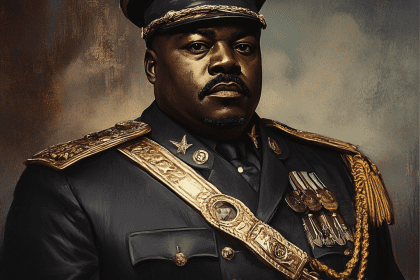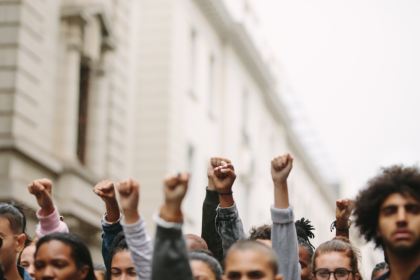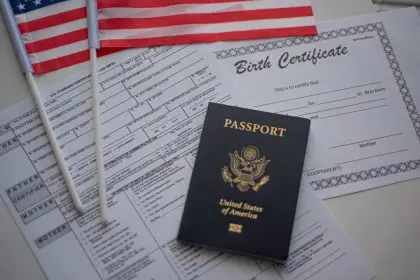
On the heels of the recent commutation and release of convicted drug offender Alice Marie Johnson, President Trump is now considering a posthumous pardon for boxing legend and humanitarian Muhammad Ali. According to CNN, at a press conference this morning Trump dropped the following bombshell “I’m thinking about Muhammad Ali. I’m thinking about that very seriously and some others.”
Last month, Trump righted a historical wrong and pardoned the late boxing legend Jack Johnson for a crime he committed in 1913. Johnson was a larger than life character and source of Black pride during that time period as he defeated multiple White boxers in the ring. At the time White boxing fans were so discouraged by his dominance in the ring that the term “Great White Hope” was coined to refer to future boxers who tried to defeat Johnson. To further infuriate White people in this time period, Johnson was well known for flaunting his wealth and intimate relationships with White woman. This led to his arrest and conviction for transporting a white woman across state lines for indecent purposes. It was a criminal conviction and injustice that haunted him until his death in 1946.
Trump’s decision to pardon Jack Johnson and commute the sentence for Alice Marie Johnson has his supporters bringing up the very valid point that after eight years in office President Obama failed to take action on these two well-known cases. If Trump decides to pardon Muhammad Ali it will be an interesting step to take on many counts.
In 1964, Ali converted and joined the Nation of Islam. At the time of his conversion, founder of the NOI, the Most Honorable Minister Elijah Muhammad, took a direct hand in Ali’s conversion and mentorship. Part of the team of advisors around Ali at the time included Elijah Muhammad’s son Jabir Herbert Muhammad, who acted as his manager and also a young Min. Louis Farrakhan. Ali’s conversion and name change from Cassius Clay infuriated many in the boxing world, both Black and white. In 1967, Ali received notice that he was drafted in the military and was to report for a physical and induction into the US Army. Ali refused to serve, stating that he was a “conscientious objector” to the war in Vietnam. As a result, Ali was stripped of his boxing titles. In 1967, he was found guilty in Federal court of violating Selective Service laws, sentenced to five years in prison, and fined $10K
Ali appealed the decision and his case went all the way to the US Supreme Court. In 1971 by a vote of 8-0, with the court’s only Black Justice Thurgood Marshall abstaining, Ali’s conviction was reversed but he was never pardoned. Ali died on June 3, 2016, after a long battle with Parkinson’s disease. Even after the rest of his internal organs shut down in death, Ali’s heart still continued to beat for another 30 minutes.
Trump is picking the low-hanging fruit of injustices when it comes to pardons. The Black community should not be fooled by these actions. If Trump wants to make a definitive mark towards a pardon that has meaning, perhaps he should look to pardon Assata Shakur.













